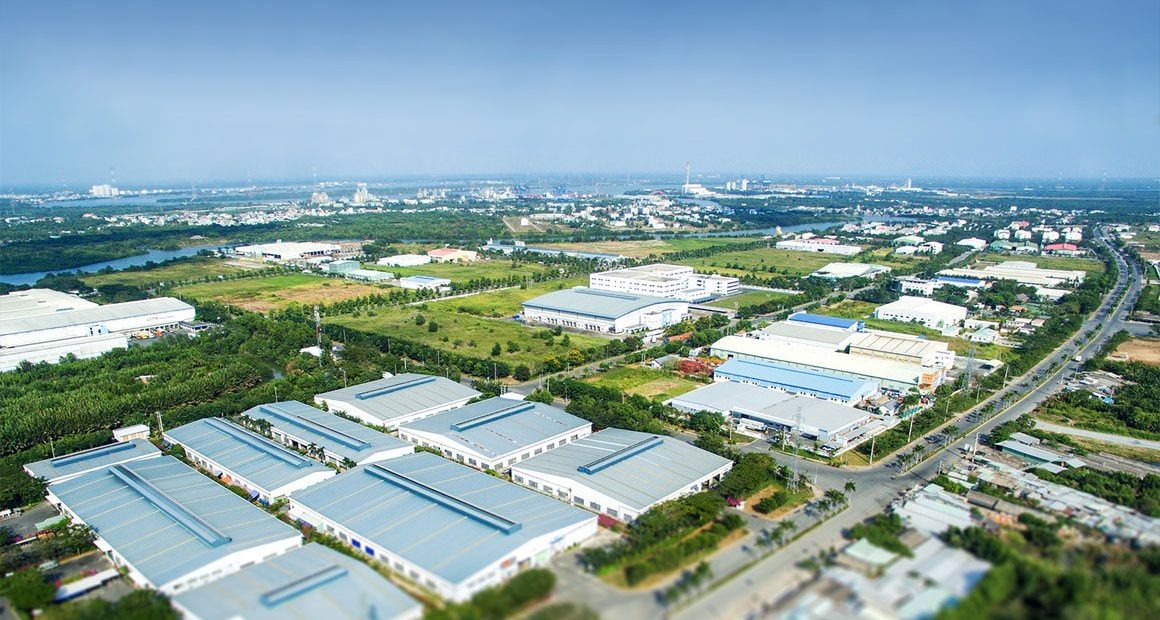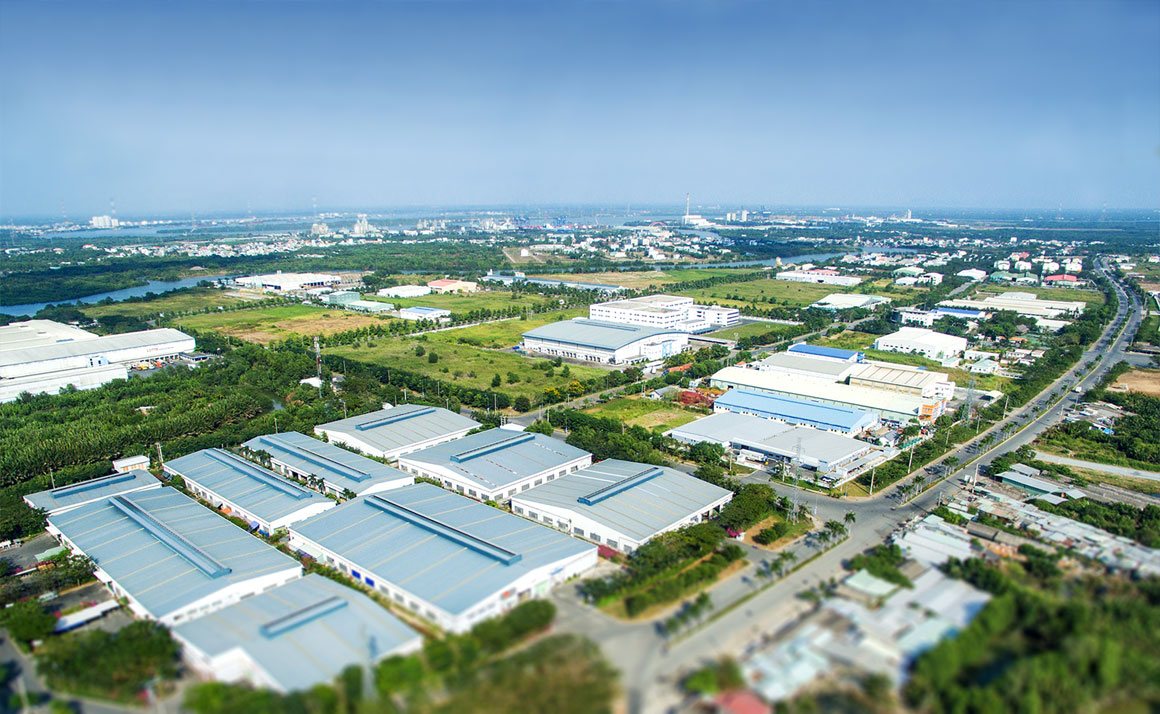
Leasing land for factory construction is a trend that many businesses are adopting in the current period. Drafting a land lease agreement for factory construction is a process of negotiation and agreement between the business (tenant) and the lessor, regarding mutual rights and obligations, while ensuring legal validity. So, what should be included in the land lease agreement for a factory, and what should be noted when drafting it? Let’s explore with Savills Industrial.
A land lease agreement is a type of contract where one party (usually the landowner) agrees to allow the other party to use a portion or the entirety of their land for a specific period and under agreed terms. In the case of a land lease for factory construction, the tenant (a business or company) has the right to use the land to build and operate a production, assembly, or manufacturing facility.

This agreement will detail the leased land’s area, intended use, lease term, rental price, clauses on construction, maintenance, and usage of the factory, as well as legal provisions and responsibilities of both parties during the lease period and factory use.
When drafting a land lease agreement for factory construction, businesses should pay attention to the following points:
The agreement should provide a precise and detailed description of the leased land, including the size, location, and other important characteristics. According to Article 140 of the 2015 Civil Code of Viet Nam, the description of the leased land must be clear and accurate to avoid disputes regarding the size or characteristics of the land later on.
The agreement must clearly define the start and end dates of the lease. According to Article 140 of the Civil Code, the lease term cannot exceed 50 years for residential land and 70 years for production or business land. Clearly defining the lease term allows both parties to plan and prepare for the future effectively.
To protect the rights and interests of both parties, it is essential to understand the rights and obligations of the lessor and the tenant:
– Provide full and accurate information about the factory, warehouse, and be responsible for the authenticity of this information.
– Deliver the factory and warehouse to the tenant according to the agreed timeline.
– Compensate for damages if they breach any terms of the agreement.
– Comply fully with tax obligations as required by law.
– Use and maintain the factory and warehouse properly and carefully during the lease.
– Pay the rental fee on time as stated in the agreement.
– Return the factory to the lessor when the contract ends or when terminating the contract as agreed.
– Take responsibility and compensate for any damage caused by the tenant.
– Repair any damage to the factory or warehouse caused by the tenant during use.
Read More: Tips for Negotiating a Land Lease Agreement for Factory Construction
Before signing the agreement, it’s important to fully understand your rights and obligations to avoid violations.

The land lease agreement for factory construction must be authenticated with the signatures and seals of both parties. According to the 2015 Civil Code, the contract must be signed and sealed by both parties to have legal validity.
Currently, there are many templates for leasing factory land, but to ensure comprehensiveness and accuracy, a valid template must include all the necessary elements. Below is a sample of a land lease agreement for factory construction, used by Savills Industrial for its clients over the years.
Download now: Land Lease Agreement for Factory Construction Template
According to the 2013 Land Law regarding notarisation of contracts, agreements concerning land use rights have the following provision:
“b) Lease contracts, sublease contracts of land use rights, land use rights and assets attached to land, agricultural land use rights transfer contracts; contracts for the transfer of land use rights, land use rights and assets attached to land, assets attached to land, where one or both parties involved are real estate business entities, must be notarised or authenticated as required by the parties.”
Thus, a land lease agreement for factory construction is not mandatory to be notarised or authenticated. This will depend on the agreement between the lessor and the tenant. However, to ensure legal validity and prevent potential risks, it is advisable to notarise the contract to safeguard your rights and interests in case of a dispute.
Read more
Termination Record of Factory Lease Contract Template
Factory and Warehouse Lease Agreement Template
Understanding the Factory Lease Agreement Properly
We hope that the information provided about the land lease agreement for factory construction helps you confidently negotiate and sign contracts to meet your business needs. Additionally, with the Savills Industrial template for land lease agreements, you can ensure the protection of your legal rights and interests and avoid potential disputes.
If you need to lease land for a factory with transparent processes, fast procedures, and maximum support throughout the lease, please contact Savills Industrial via hotline: 0986.718.337 – John Campbell for advice on our industrial real estate leasing services.
You can also explore the pre-built factory leasing projects offered by Savills Industrial.